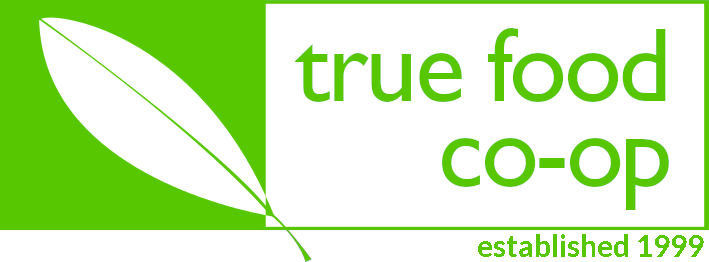by Karen Barrass
According to Olio, over $1 trillion worth of food is wasted globally every year, weighing a total of 1.3 billion tons. I know I am too often guilty of letting things slip out of date at the back of the fridge, but this January I am being particularly mindful to make more effort to do better. Here are some ideas if you also want to reduce your food waste.
Composting
Now this is something I have been doing for a long time – veggie peels and scraps into my compost bin. And I’m so pleased that Reading Council will be providing food waste bins starting next month. But why is composting such a great idea?
Composting is a fantastic way to reduce the amount of rubbish you send to landfill and save money at the same time. If you put food waste in a composter instead of your bin, not only will you prevent the release of methane – a greenhouse gas 25 times more potent than CO2, but you’ll also be turning it into compost for your garden, which will save you on money and trips to the garden centre. And although the council will be collecting food waste, wormeries and bokashi bins also make good alternatives if you don’t have a garden or are limited on space.
Get organized
In short, being more organized can help you to throw less away. From shopping lists, to meal planning, to sticky dots on things that need to be eaten first, there are lots of different ways to ensure you buy what you need and eat what you buy. Keeping on top of use by dates is perhaps the biggest way to stop good food going to waste. And knowing the difference between best before and use by dates is key – WRAP estimates that 180,000 tons of food is discarded unnecessarily annually as a result of best before dates. Best before dates offer guidance about quality, use by is about safety. It is OK to freeze things up until the use by date so they don’t need to be binned.
Less impactful diet
Carbon Brief have stated that food production accounts for one quarter of the world’s greenhouse gas emissions and takes up half of the planet’s habitable surface. The carbon footprint and environmental impact of food can be difficult to understand but there are some clear steps you can take to limit the impact of your diet on the world. Buying local, organic produce – such as the great stock available at True Food – will limit countless emissions from transport as well as harmful pesticides.
And the type of food you eat can make a big difference. The UN reports that 15% of all greenhouse gas emissions come from meat and dairy. With ‘Veganuary’ becoming an annual event to raise awareness of the benefits of a plant-based diet, and with True Food offering some wonderful plant-based products, now is the perfect time to give it a go.
Food packaging
Whilst plastic has played an important role in prolonging shelf life and protecting products, its environmental impact can no longer be accepted. According to WRAP, UK households generate 1.7 million tons of packaging waste a year. True Food’s extensive collection of zero waste bulk, dry goods and cleaning products is an excellent demonstration that it is possible to reduce the impact of food packaging. So if you haven’t already, take your own containers with you next time you shop and you’ll be contributing to a more sustainable future.


